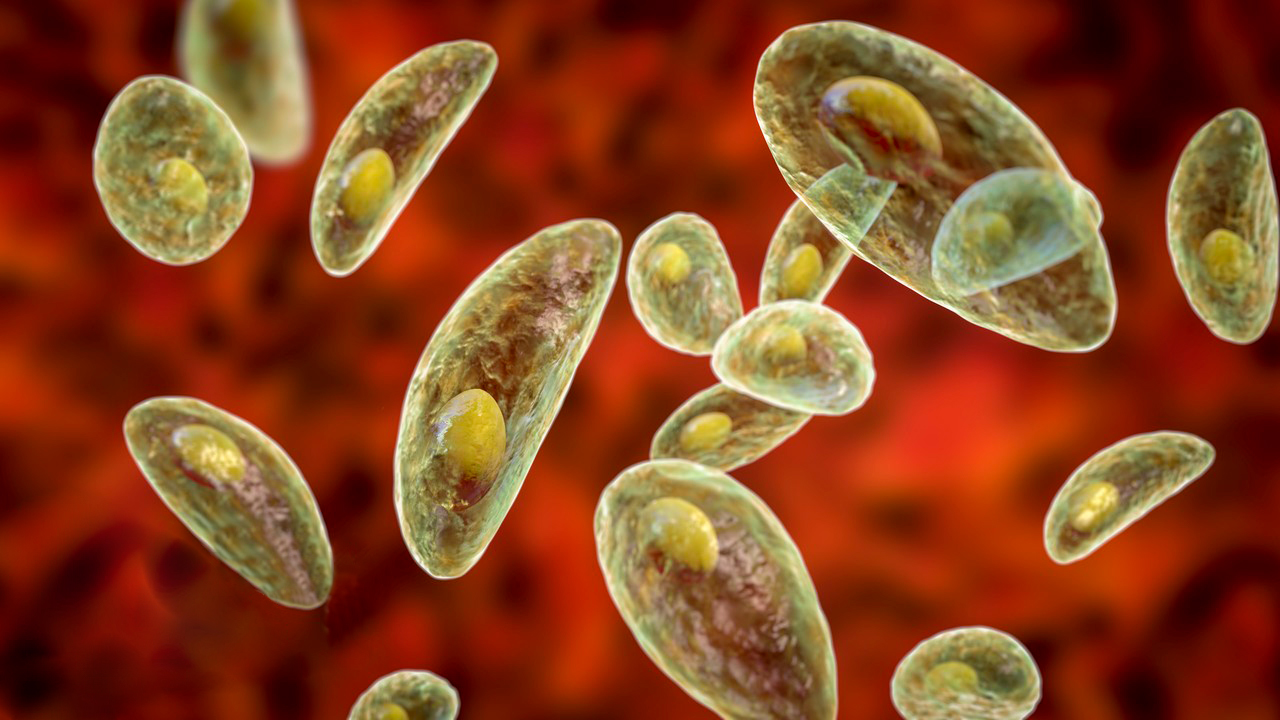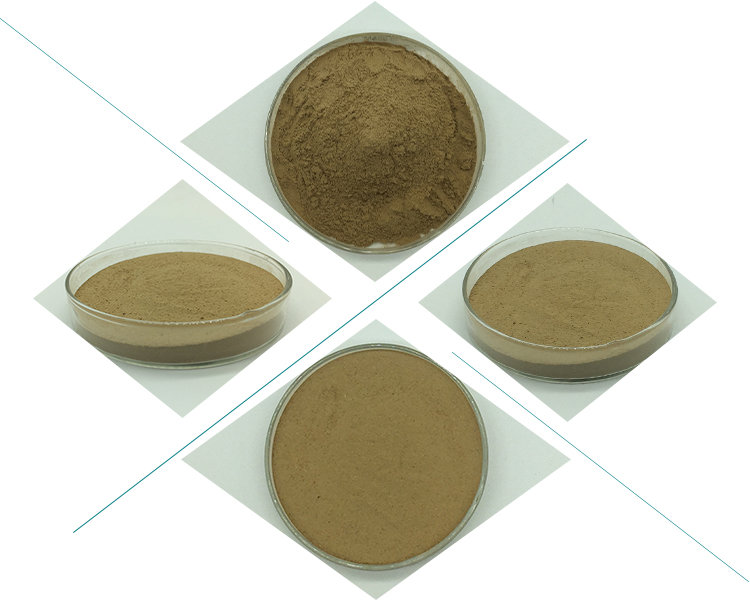Bacillus subtilis is generally regarded as safe (GRAS) by the Food and Drug Administration (FDA) and has been used extensively in various applications, including probiotics, agriculture, and food production. However, while it is considered safe for many purposes, there can still be adverse effects associated with its use, especially in certain contexts or populations. Here are some potential adverse effects of Bacillus subtilis:
1.Infection Risk: In immunocompromised individuals or those with underlying health conditions, there may be a risk of infection associated with Bacillus subtilis. While it’s rare, individuals with weakened immune systems may be more susceptible to bacterial infections, including those caused by Bacillus subtilis.
2.Allergic Reactions: Some individuals may be allergic to Bacillus subtilis or components of products containing this bacterium. Allergic reactions can range from mild skin irritation to more severe allergic responses such as difficulty breathing or anaphylaxis.

3.Gastrointestinal Disturbances: In some cases, Bacillus subtilis supplementation or ingestion may lead to gastrointestinal disturbances such as bloating, gas, diarrhea, or abdominal discomfort. These symptoms may occur particularly when Bacillus subtilis is consumed in high doses or in individuals with sensitive digestive systems.
4.Cross-Contamination: In food production and manufacturing processes, Bacillus subtilis may inadvertently contaminate other products or surfaces, leading to potential health risks, especially if the contaminated products are consumed or come into contact with susceptible individuals.
5.Antibiotic Resistance: There’s some concern that the use of Bacillus subtilis as a probiotic or in agricultural settings may contribute to antibiotic resistance. While Bacillus subtilis itself is not typically pathogenic, the genes encoding antibiotic resistance could potentially transfer to other bacteria, leading to antibiotic-resistant strains.
6.Environmental Impact: In agricultural and environmental applications, the introduction of Bacillus subtilis strains may disrupt local ecosystems or microbial communities. Unintended consequences such as the displacement of native microorganisms or alterations in soil microbiota could have ecological implications.

7.Potential Toxin Production: While Bacillus subtilis is generally considered safe, certain strains have the potential to produce toxins under specific conditions. Toxin production may occur in situations where the bacteria are stressed or in environments conducive to toxin formation. However, these instances are rare and typically associated with specific strains rather than Bacillus subtilis as a species.
Overall, while Bacillus subtilis is widely used and considered safe for many applications, it’s essential to consider the potential adverse effects and employ proper precautions, especially in sensitive populations or environments. As with any microbial product, careful monitoring, quality control, and adherence to recommended usage guidelines are crucial to minimize risks.
